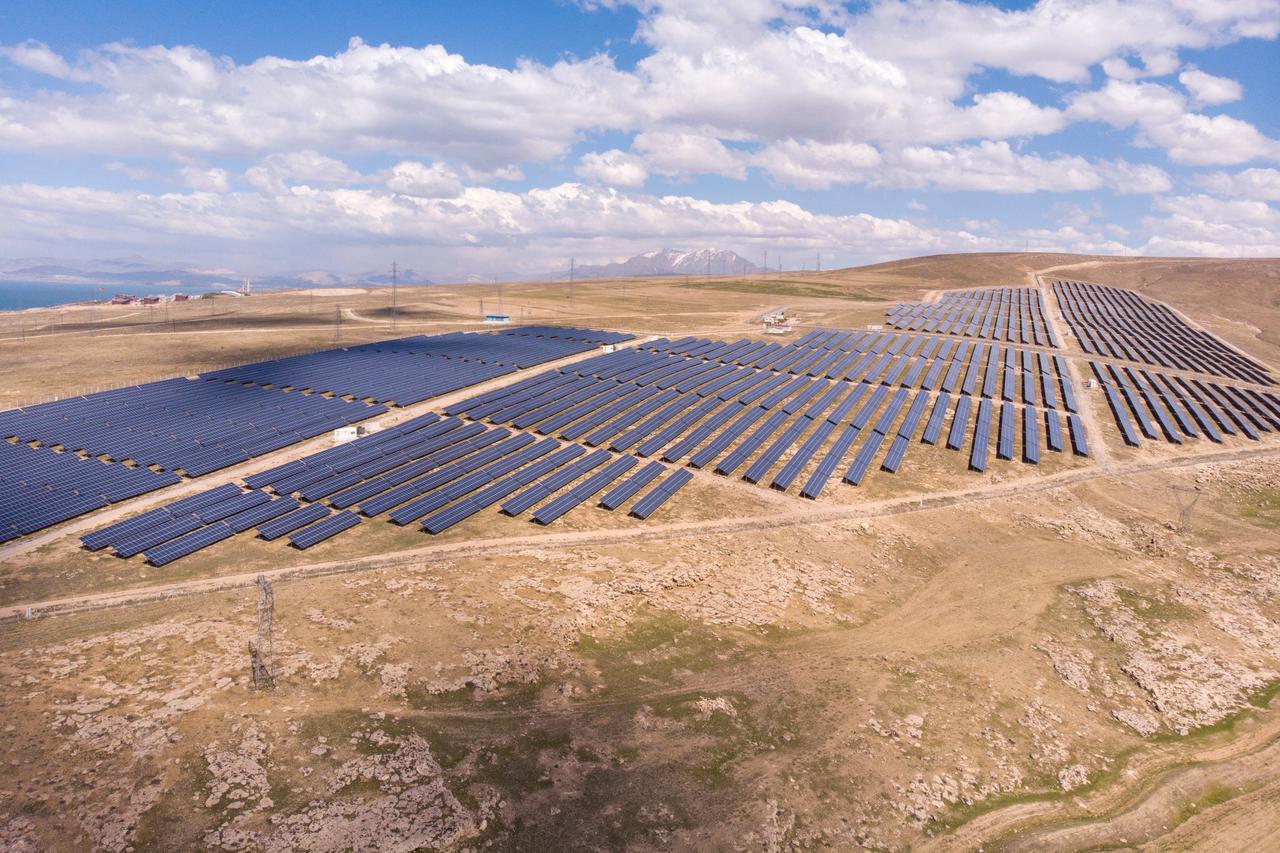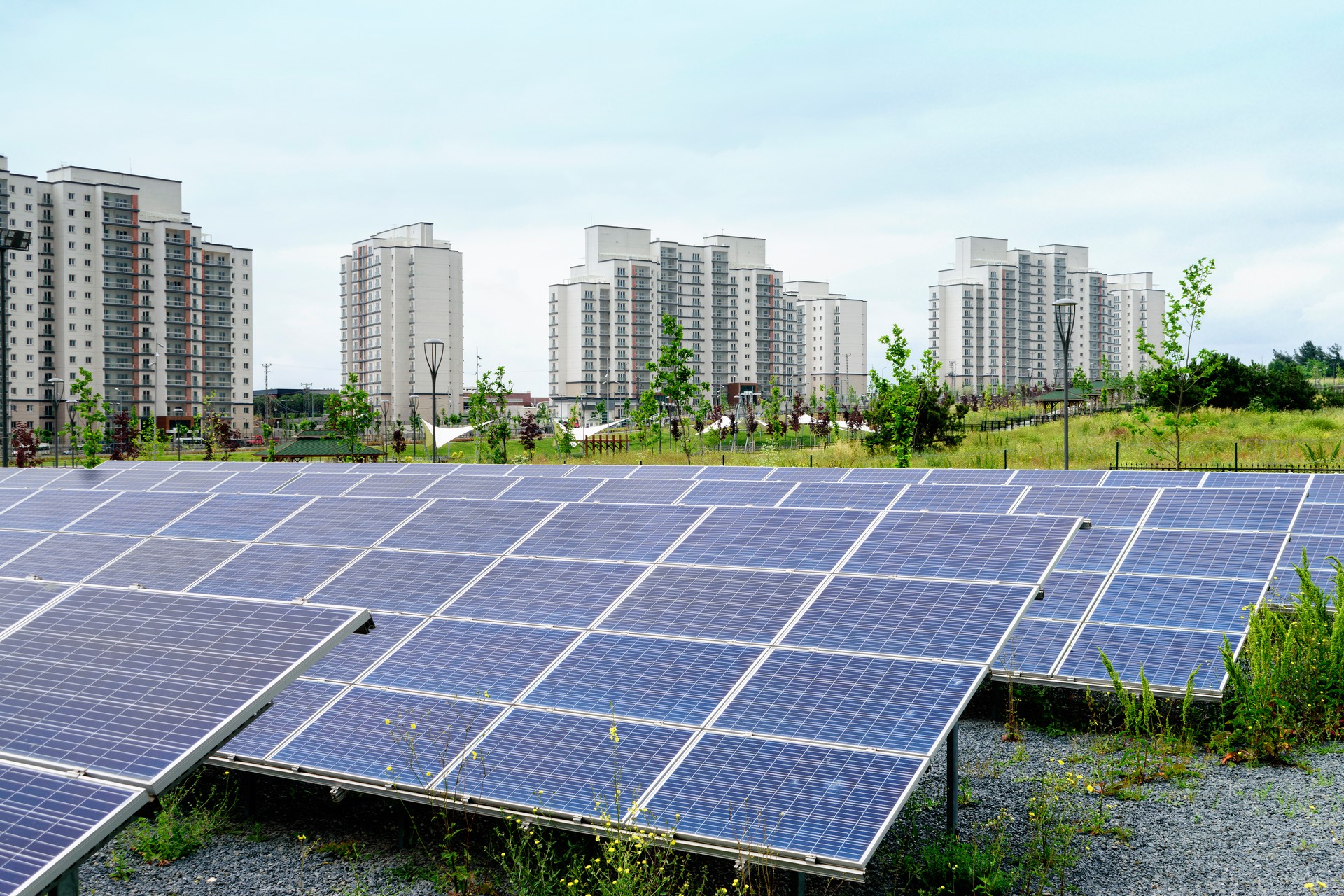
The Turkish Trade Ministry introduced a surveillance measure that sets the reference import price at $170 per kilogram for certain photovoltaic cells and circuit boards, doubling the previously applied unit customs value of $85 per kilogram.
The decision was published in the Official Gazette and will come into effect 60 days after publication.
A reference import price is the minimum value set by the government for calculating import duties, regardless of the actual purchase price.
The scope of the updated import policy includes photovoltaic cells that are not assembled into modules or panels, as well as specific types of doped silicon and blue circuit boards.
These changes affect the “customs value”—the declared monetary worth of imported goods used to calculate import duties—by establishing a minimum price per kilogram, regardless of the actual transaction value.
The mechanism is part of Türkiye’s import surveillance system, designed to protect domestic producers from underpriced foreign goods.

The new surveillance measure follows an earlier regulatory shift introduced in September 2024, when the government narrowed eligibility for investment incentives on solar energy projects.
Under that rule, solar panels and mounting systems sourced from abroad are no longer considered eligible expenses under Türkiye’s investment incentive program—unless the solar cells used in production are manufactured domestically, starting from the ingot-slicing stage or earlier.
Together, the incentive exclusion and the newly introduced reference import price form part of a broader policy drive to localize production in Türkiye’s renewable energy sector.
The approach aims to reduce reliance on imported components and increase the share of domestic value-added manufacturing in solar infrastructure.
Türkiye views solar power expansion as a central pillar of its broader renewable energy efforts, as outlined in the Renewable Energy Roadmap 2035.
The country’s installed solar capacity has doubled over the past two and a half years, reaching 19.6 gigawatts (GW) by the end of 2024. This figure surpasses Türkiye’s 2025 target 18 months ahead of schedule.
The recent regulatory measures are part of a broader effort to maintain this momentum by encouraging domestic manufacturing of solar technologies and reducing dependence on imported components.